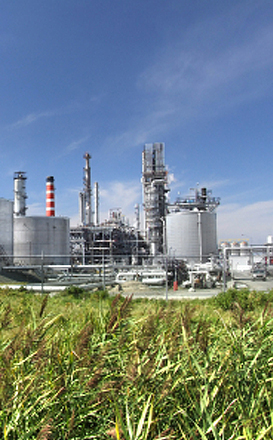 |
RADIOACTIVE CHARACTERIZATIONS AND RADIOLOGICAL CONTROLA legislation that is becoming more restrictive alongside an ever growing environmental sensibility of implied agents, make that the radiological characterization of materials and the radiological control of non-nuclear industrials facilities are established as an indicative of a society truly compromised with the sustainable development. For more than fifteen years, NORM Consulting team has worked on the research and development of natural radiation and environment. The quality of development measurement methods and techniques, as well as the importance of results obtained through the application of the aforementioned methods and techniques are thoroughly supported by being issued in scientific magazines and international standing conferences. Services:
NORM INDUSTRIESWe carry out the necessary studies (radiological characterizations, dose evaluations, etc.) to comply with what is established in terms of radiation protection. Non-exhaustive list of the activities whose responsible must carry out the regulated studies for the BSS, is detailed in the following:
ENVIRONMENTAL RADIOLOGICAL CONTROLWe are specialized in Low Level Counting (determination of low radioactivity concentrations) Applied in the determination of radionuclides in the environment: water, soil, atmosphere and biota, relying on advanced procedures and tools. |
